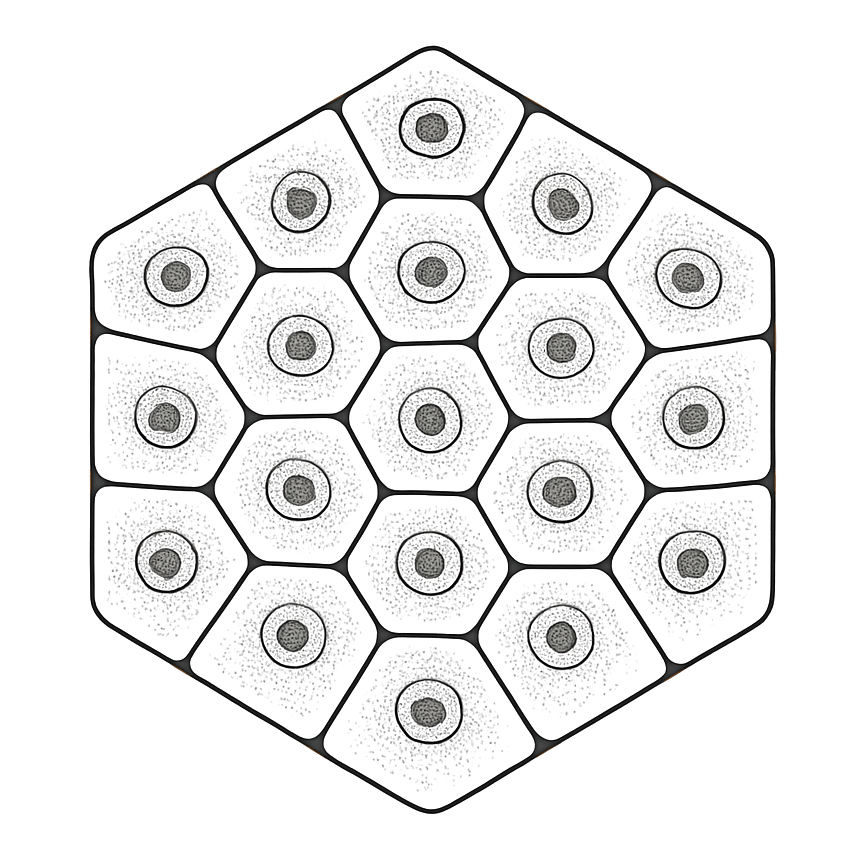Rosacea and Menopause

The hormonal fluctuations of perimenopause and menopause have a significant impact on rosacea. Many women find their symptoms, particularly flushing and redness, worsen considerably during this life stage or that they develop late-onset rosacea.
Why flushing worsens around menopause
The decline in estrogen during perimenopause and menopause affects the body's thermoregulatory center in the brain. This makes the body more sensitive to slight changes in temperature, leading to the characteristic "hot flushes." In individuals predisposed to rosacea, this mechanism also triggers the hypersensitive blood vessels in the face, resulting in intense and frequent episodes of facial flushing and redness.
Can HRT improve or worsen symptoms?
The effect of Hormone Replacement Therapy (HRT) on rosacea is highly individual. For some women, by stabilising estrogen levels and reducing hot flushes, HRT can lead to a significant improvement in their rosacea-related flushing. For others symptoms may not improve. It's an important factor to discuss with both your gynaecologist and dermatologist.
Related articles
- Late-Onset Rosacea in Adults
- Common Rosacea Triggers and How to Avoid Them
- Medications for Facial Flushing
How I can help
My NHS practice is at Guy's Hospital. I consult with private patients at several well-appointed and conveniently located sites across central London:
- London Bridge Hospital: Conveniently situated within The Shard, next to London Bridge station.
- Skin55 Ltd: Located at 55 Harley Street, this beautiful Edwardian building houses one of the largest private dermatology facilities in the UK with a comprehensive laser suite.
- OneWelbeck: Located close to Bond Street underground station. Mohs surgery, lasers, and other skin surgeries are performed in the state-of-the-art surgical suite here.
A new consultation is £250, a follow up consultation is £220. For more information on fees, please visit Prices.

